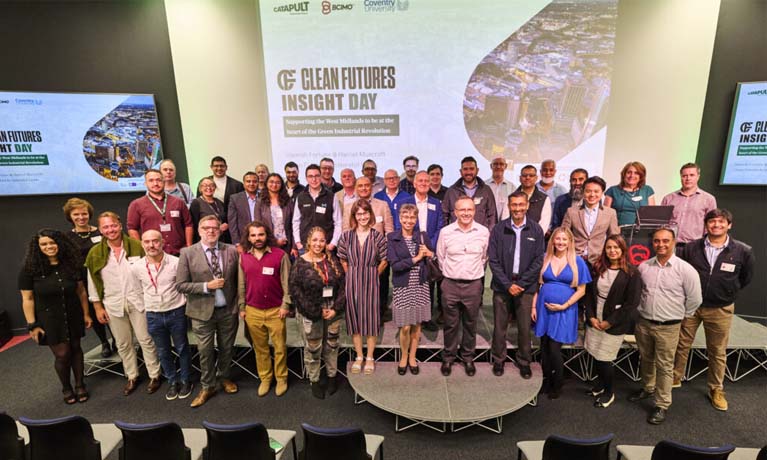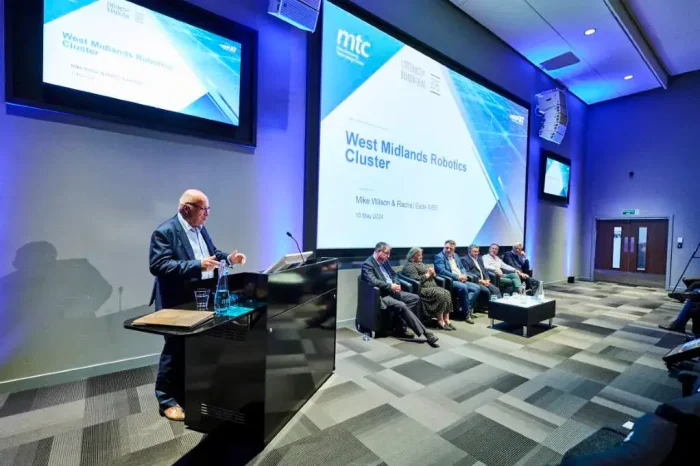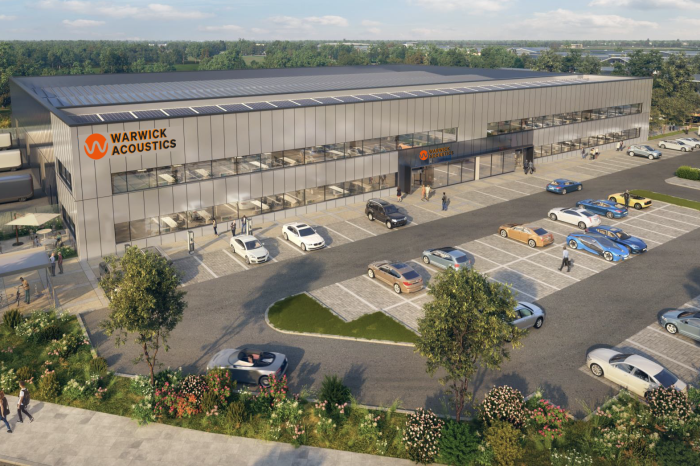Coventry University continues its support for sustainable transport in the West Midlands

The Clean Futures accelerator programme, in partnership with the Connected Places Catapult, Coventry University, and the Black Country Innovative Manufacturing Organisation (BCIMO), has welcomed its second cohort of small to medium-sized enterprises (SMEs). These 19 companies, selected for their innovative approaches to sustainable transport, will receive up to £50,000 each in funding along with technical and commercial support to test their solutions over the next six months.
Their innovations, which span the rail and automotive industries, focus on sustainable vehicle production, transport infrastructure, and alternative fuels including hydrogen and biofuels. The initiative is part of the broader West Midlands Innovation Accelerator and builds on the successes of the previous year’s cohort, which secured £2.6 million in contracts and research funding, and an anticipated £43 million in ongoing commercial opportunities.
This year, the SMEs will utilise Coventry University’s advanced facilities and receive industry mentorship to expand their technologies and market reach. The university’s Institute for Advanced Manufacturing and Engineering (AME) and the Centre for Advanced Low Carbon Propulsion Systems (C-ALPS) provide essential resources for developing manufacturing techniques and sustainable technologies, aiming to propel green transport solutions.
Professor Marcos Kauffman, Director of the AME at Coventry University, remarked, “The Clean Futures project is helping the region move towards being net zero by 2041 and we’ve already seen huge successes with the first cohort of SMEs involved in the accelerator programme. We are excited to see what the next group of entrepreneurs can bring to the table and use Coventry University’s cutting-edge research facilities to make a difference here in the West Midlands and further afield.”
The programme aligns with government initiatives to enhance the region’s innovation and R&D capabilities, in collaboration with the Department for Science, Innovation and Technology, Innovate UK, and the West Midlands Combined Authority (WMCA).
Image source: Coventry Uni




